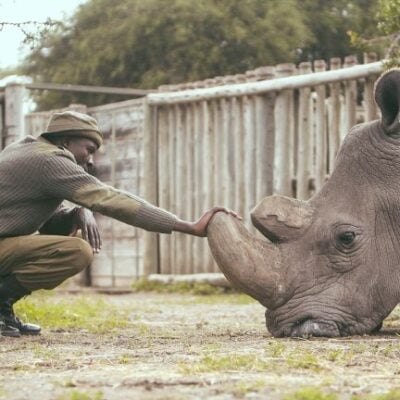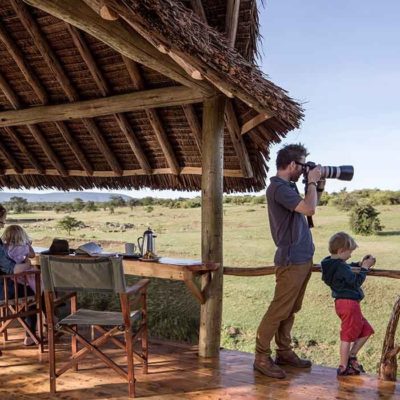So you want to ‘help’ Africa, but you’re not quite sure how? It’s simple, really. You don’t have to be like Sir David Attenborough or Greta Thunberg to leave a legacy in 2022.
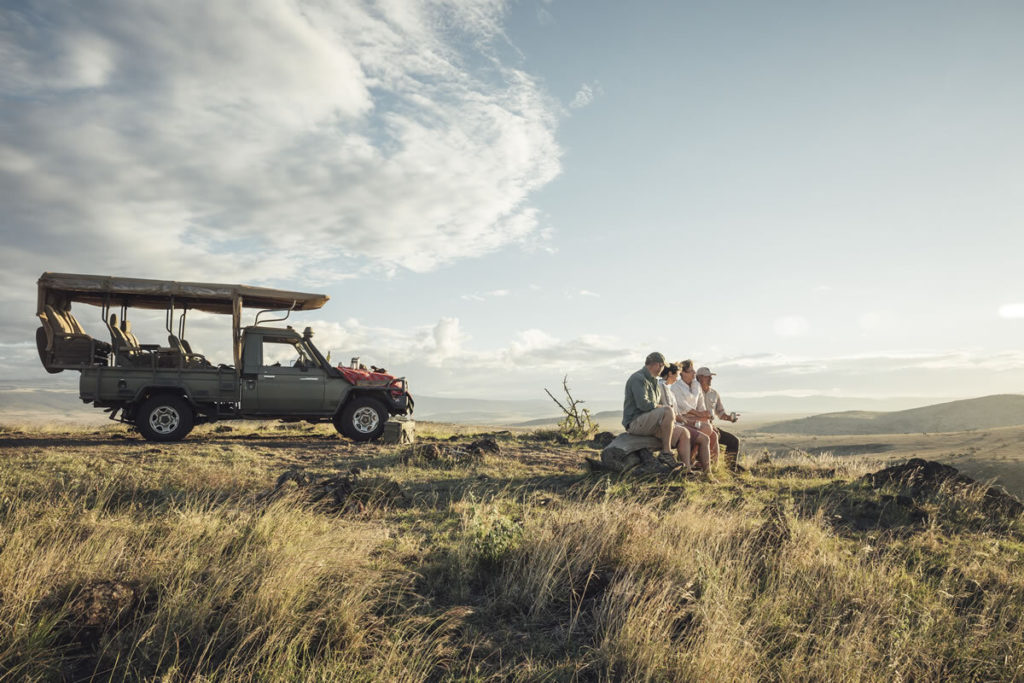
Travel With Purpose
So you want to ‘help’ Africa, but you’re not quite sure how? It’s simple, really. You don’t have to be like Sir David Attenborough or Greta Thunberg to leave a legacy in 2022. You also don’t have to donate hundreds of thousands of dollars to worthy organizations. Of course, by all means, if this is what you want to do, then go for it! However, if you’ve always felt passionate about helping others and conserving ancient lands, a safari of a lifetime can contribute towards a better tomorrow for many.
An African Holiday is Far More Meaningful Than One Would Think
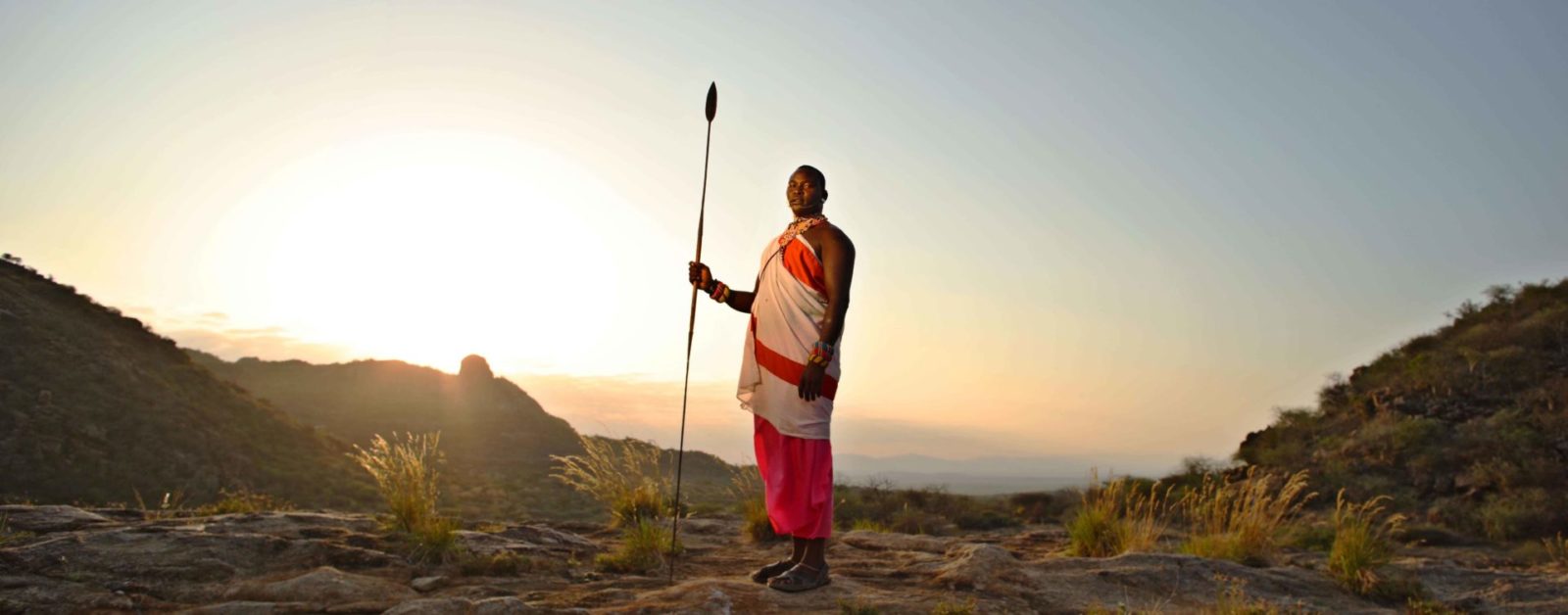
An African safari is so much more than just game drives and the chic safari khaki and a chilled G&T while overlooking a watering hole. Yes, these are all part of your holiday with our tailored offerings, but what we really want to do is awaken your spirit through travel. Going on an African holiday sustains the livelihoods of African people, conservation efforts, and land protection; here’s how:
Tracking the Money Trail
The past two years have revealed the power that tourism holds. Yes, a safari is expensive, but in most instances, your money isn’t going into the back pockets of global conglomerates or greedy governments. With TrueAfrica, we hand-pick lodges that we have experienced firsthand and where we’d feel comfortable sending our own families to.
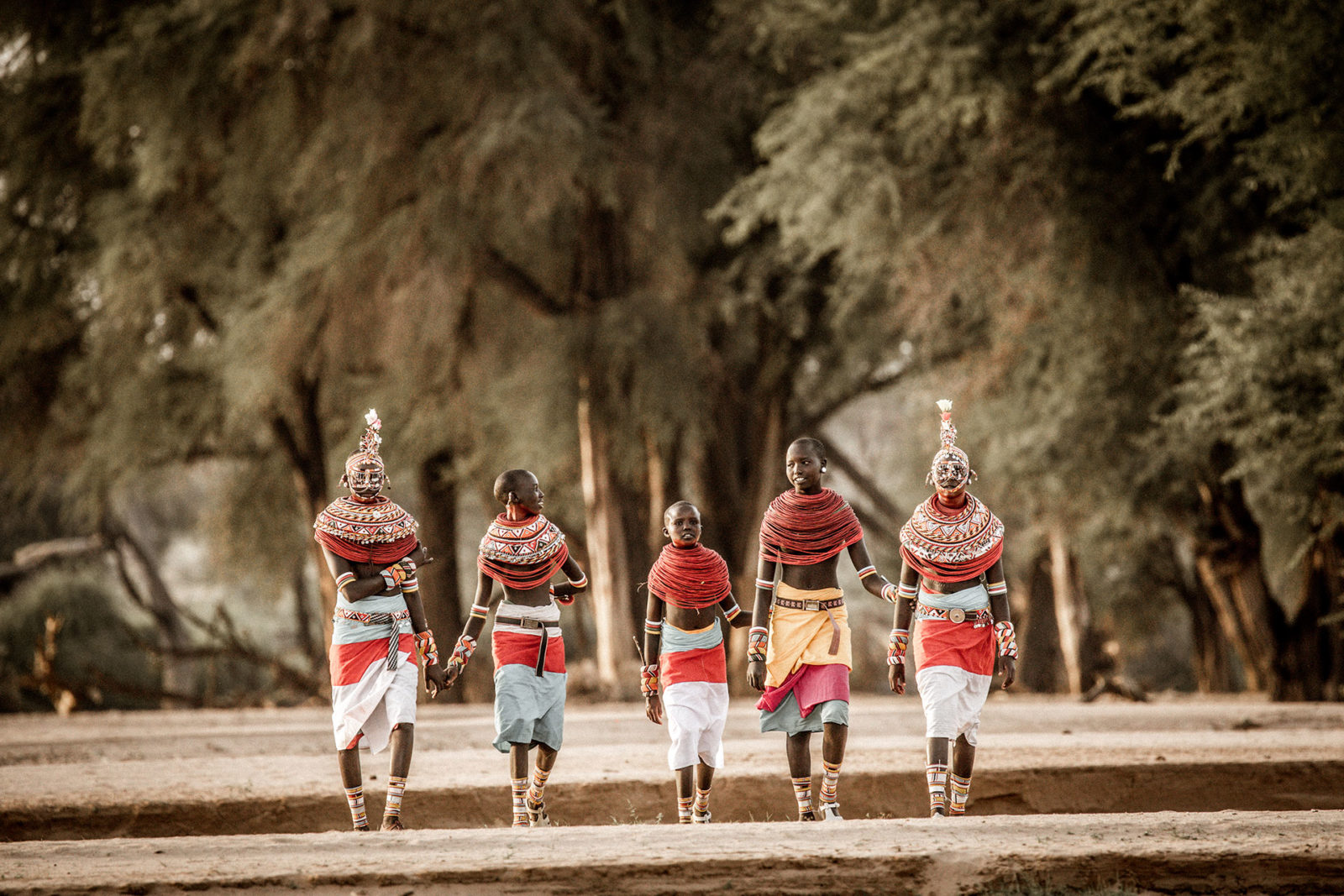
We also ensure that these establishments place great focus on involving local communities and are grounded in a solid conservation ethos. Whether you visit Africa this year or next, your booking ensures that conservation efforts and community development opportunities can continue during these challenging times.
“Special Offers Aren’t So ‘Special’”
Now we certainly don’t blame you for thinking this, but there’s a reason why establishments charged guests hundreds of dollars per night in the pre-Covid world. With many establishments situated in the remotest of areas, the upkeep can be incredibly high due to transportation costs and full-time staff living on the premises.
In addition to this, there are incredibly high park levies and conservation fees, with some areas charging in excess of $150 per person per day. Tourism and conservation are inextricably linked, and it has never been more apparent than now. With the temporary closures of groups and heavily discounted special rates (which often don’t cover all running costs).
Let The Numbers Sink In
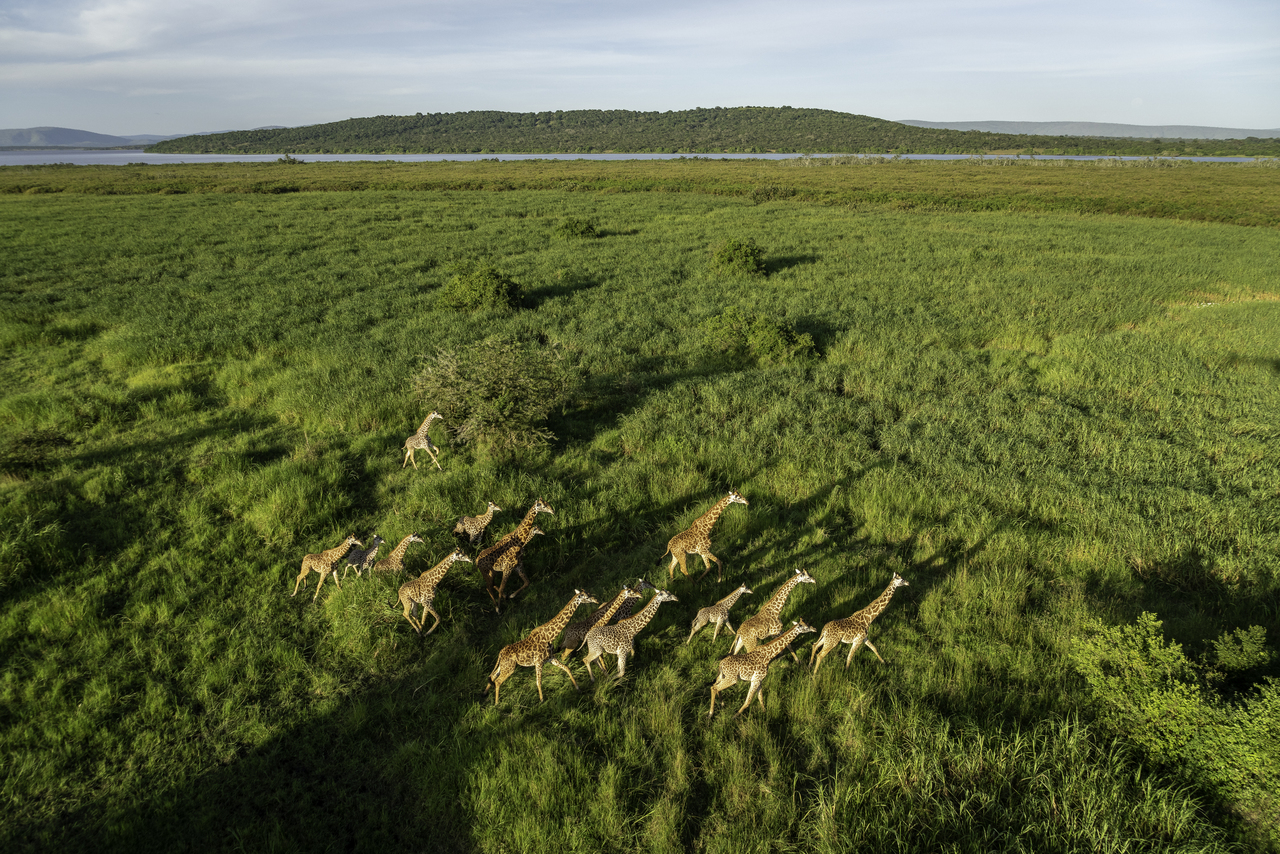
If you look at Africa specifically and the effects of the pandemic on conservation tourism, the impact has been catastrophic. In 2019, tourism contributed to 14.7% of Namibia’s GDP, 10.7% to Tanzania’s GDP, and 8.2% to Kenya’s GDP. According to the 2019 figures published by the World Travel and Tourism Council, wildlife-based tourism and safaris generated just over US$29bn annually for Africa and employed 3.6m people.
Reality Check
The framework of the tourism industry resembles a spider’s web, with each thread linked to the other. The absence of guests at National Parks and lodges leads to the direct loss of jobs for surrounding communities. A direct causal sequence gradually plays out, starting with guests who cancel their travel plans and insist on a refund instead of moving out their bookings to 2023 or 2024.
In most cases, we have managed to arrange that lodges honor rates from the original booking, so moving dates won’t incur additional costs. By requesting refunds and canceling trips entirely, locals who relied on tourism are becoming desperate as governments or companies do not have the means or capacity to offer grants or furlough schemes.
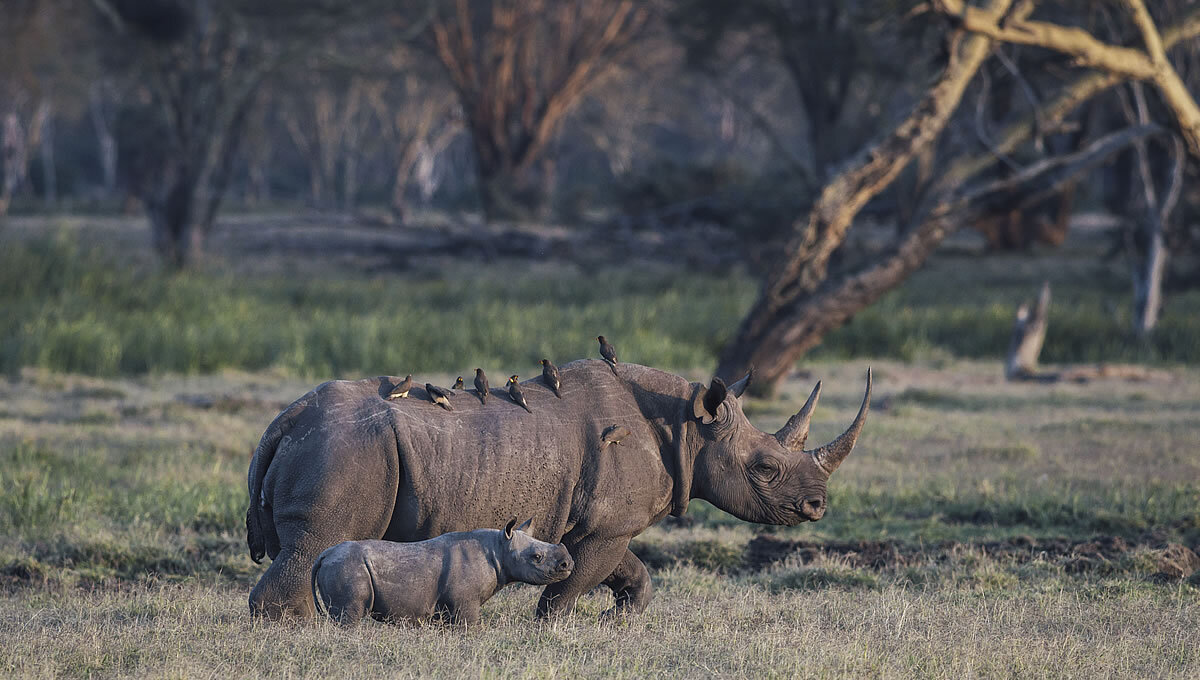
Opportunist poachers who are involved in the illicit ivory trade and wildlife trafficking may also take advantage. Without the eyes and tentative ears of tourists, guides on the ground, and engaged communities poaching could therefore increase.
The wildlife and sanctuaries that conservation groups and lodges have worked tirelessly to preserve over the last two decades are in a precarious position. Yet you could be the one to alter this, simply by visiting Africa or booking and confirming a safari in 2022 or 2023. Let’s face it, Africa is the very best place to travel to this year, given her wonderfully sparse lands and strict protocols in place.
Make a Difference in 2022
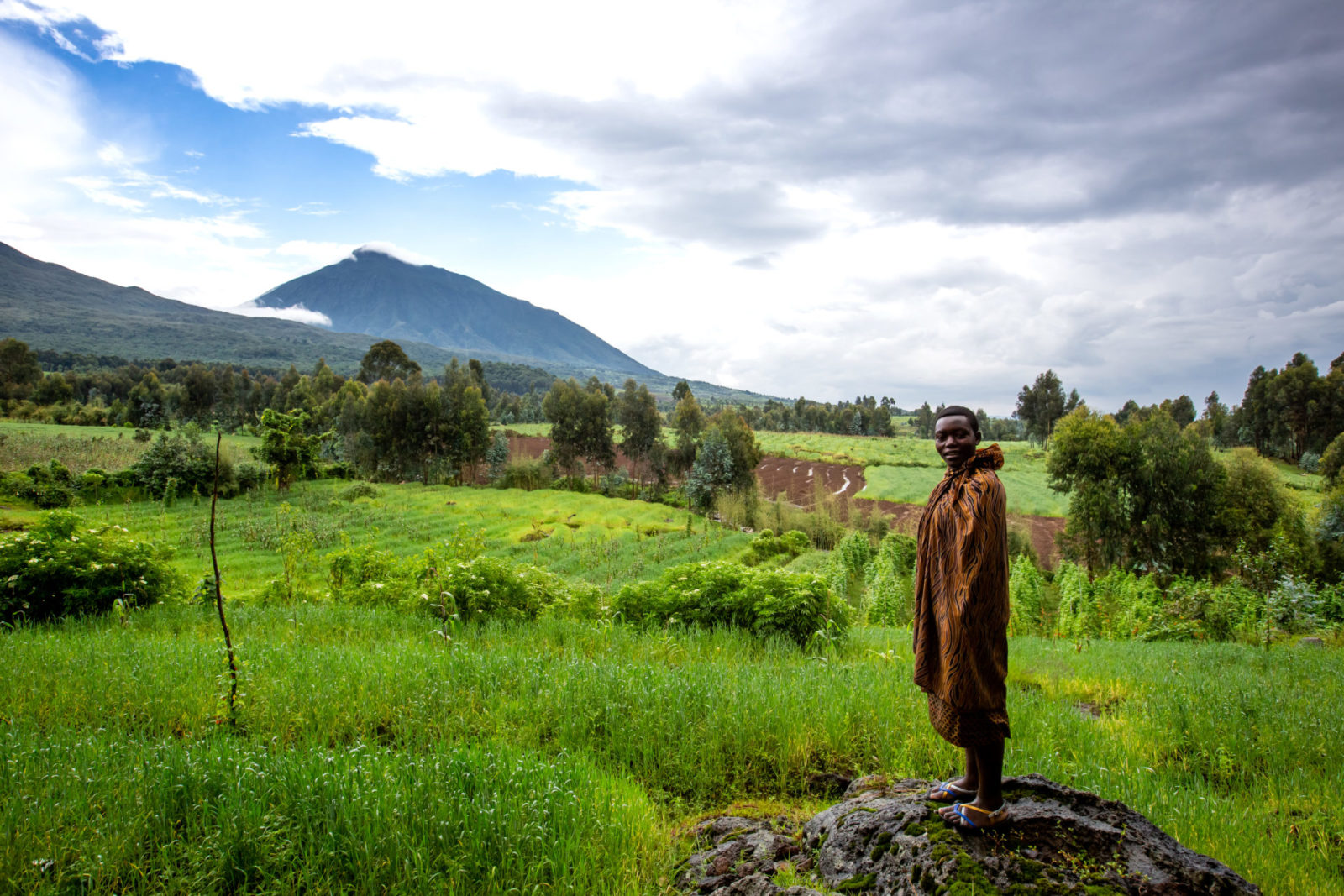
Leaving your legacy through a safari or romantic island escape in Africa may feel uninvolved. You won’t always meet the children in the creche or be able to patrol with the rangers and K9 units to track down poachers, but your booking will have a spin on effect. It will assist in building clinics in remote areas, upskilling communities, and protecting one of the last true wildlife sanctuaries in the world.
By choosing to travel with TrueAfrica, you are making a meaningful and sustainable difference to the wildlife and people of the destinations that we specialize in. You’re invited to travel with heart and soul and embark on an unforgettable journey with us in Africa.

